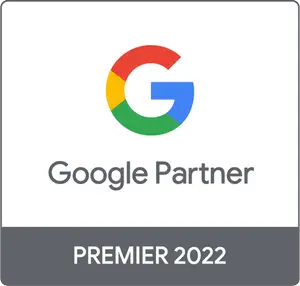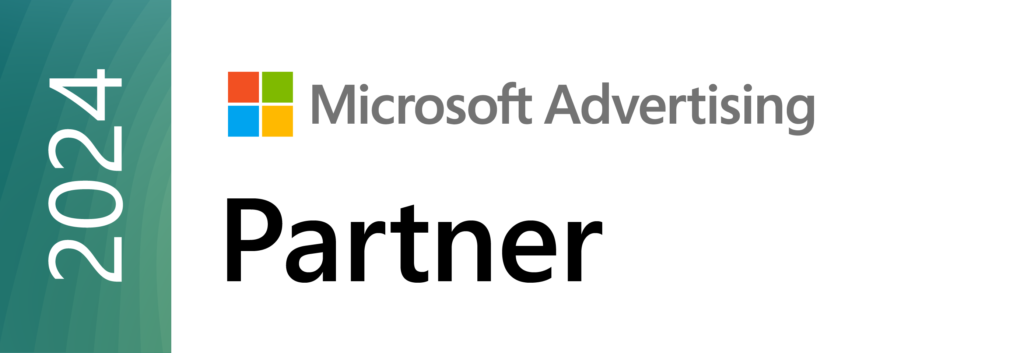Internet privacy is in full swing change processBut respecting privacy doesn't have to compromise business results; on the contrary, it can help create more opportunities to connect with our customers.
74% of internet users say they only want to see relevant and useful results According to a recent study by Google and BCG1, if I'm NOT a mother and I come across a display campaign featuring diapers, I'll find the content irrelevant, useless, and even annoying. If the diaper ad keeps chasing me tab after tab, I'll end up thinking that the marketing department for that particular brand is doing a pretty poor job.
This hyper-personalization of online advertising content is possible thanks to cookies., small files that collect your information every time you visit a website and inform advertisers about your tastes, preferences, searches, and habits. With this valuable information, which you are of course aware of (or not) every time you visit a website, we can target ads more precisely and show you a banner with a hotel in Rome if you've been searching for flights to the Italian capital: a relevant and useful result.
However, the other side of the coin is that Users are increasingly concerned about their privacy and demand to know how their personal information will be used and for what purposes. Because of this, changes in Legislation is accelerating and digital marketing strategies based on third-party cookies are approaching their end in 2023..
There's even been talk of a "cookiecalypse," and its announcement has sent shockwaves through the digital marketing sector. Does this mean digital ad services will stop working? Don't worry. Not at all. They'll continue to do so, but in a different way.
We know that platforms like Google Ads are doing everything possible to innovate technologically to continue offering relevant and useful ads that increase user trust. And all of this without significantly altering the browsing experience or causing extra work for us, the advertisers.
Here are the three main changes you'll see in 2022-2023 and how they'll affect your Google Ads campaigns:
1- Aggregate data | Google introduces Topics API
Cookies and their detailed information will be degraded over time to make way for aggregate measurementsIn 2021, Google launched the beta phase of an interest-based advertising system called FloC (Federated Learning of Cohorts), which was poorly received by legislative bodies. They recently unveiled their new technological solution to replace cookies: Topics APIThese are its main features:
-
With Topics, browsers will locally define a series of topics, such as "travel" or "fitness" (there are up to 350), that represent the user's most prominent interests that week based on their browsing history. This information is never stored on external servers.
-
Website administrators will be able to decide whether or not to share this advertising information with their advertisers.
-
Google says Topics will feature controls that allow users to delete topics directly from the browser or disable the feature entirely, providing greater control and transparency to users.

Example: Third-party cookies (left) vs. Topics (right). Source: Google Privacy Sandbox
2- Prediction | Machine Learning
One of the best alternatives to fill the gaps in the customer journey created by data privacy changes and gain valuable insights is machine learning. Thanks to algorithmic solutions like Google's "Conversion Modeling," you can predict the conversion paths your users will take even without all the data available. Another positive aspect is that this machine learning can be "trained." For example, using previous information about your customers to predict or anticipate the consequences of future interactions with them and other customers like them. Relying on artificial intelligence to make important decisions for our businesses will be a long road that we must begin as soon as possible.
3- Remarketing | How it will work from now on
When users visit your website, you can set a tag in their browsers whenever they perform an important action, such as viewing a product. When these same users visit other websites with ad space, the browser will inform them of which ad might appear without ever exposing their browsing activity in the process.
How can we prepare for the future in the face of so many changes? First, we need to rethink our relationship with our users and begin investing in systems to collect our own data. To do this, it's best to seek advice from a team of experts and stay up-to-date with new technologies in privacy protection.

Founder of PaidStrategy and Performance Marketing Specialist.
Over 10 years of experience in Performance Marketing. Expert in achieving goals through analysis and strategy management with internal teams and clients. Her two superpowers? Asking the right questions and moving from chaos and improvisation to order and planning.






